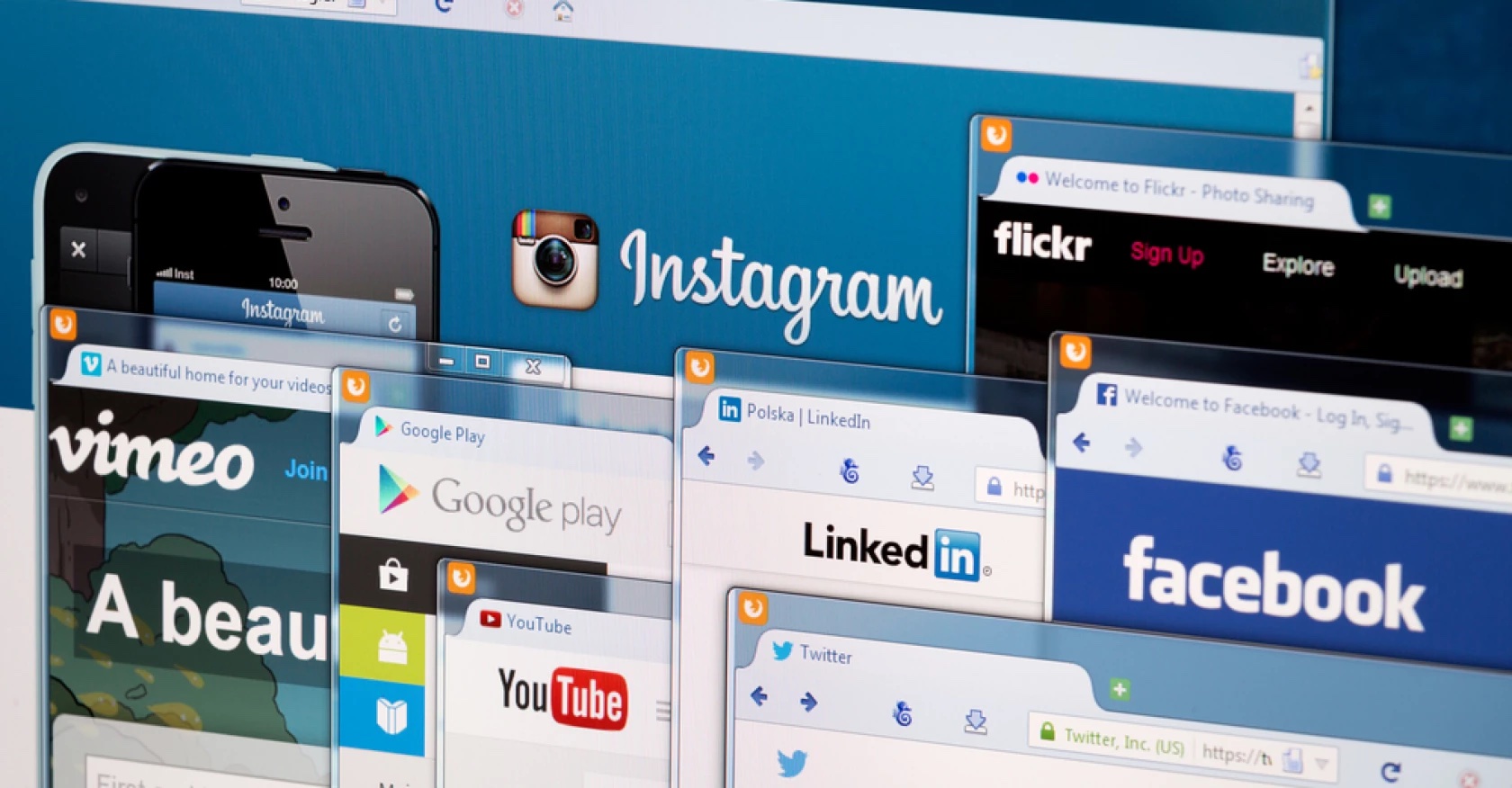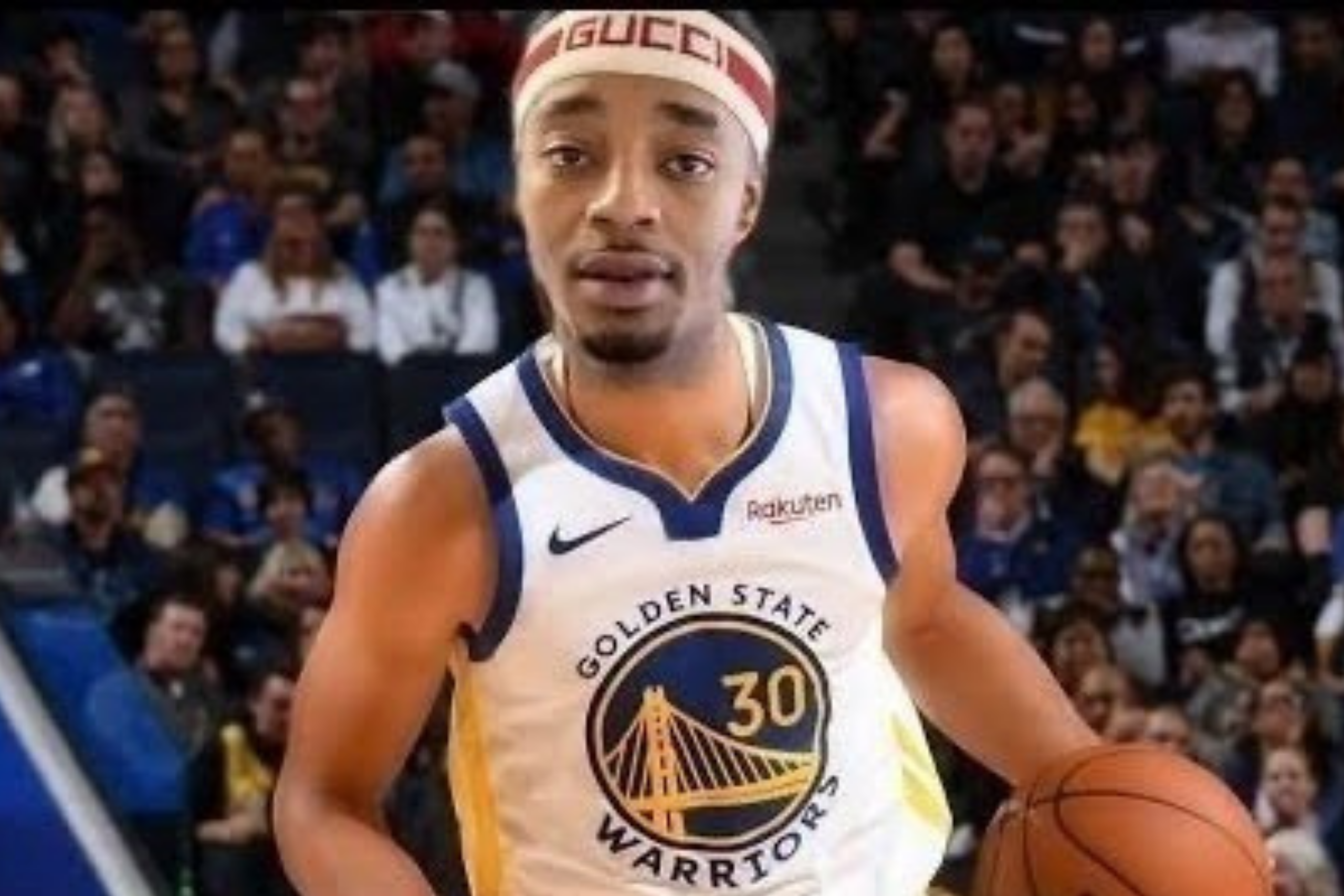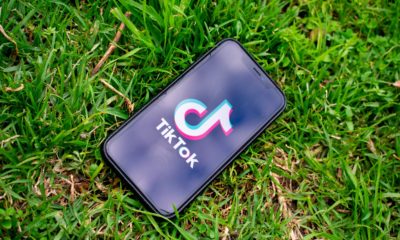World
Artificial Intelligence in the Modern World


The term artificial intelligence was first presented in 1956 at a conference at Dartmouth College where several scientists were discussing the possibility of creating beings that can be as intelligent as humans. Since then, there have been several advancements in AI. Most of these have happened during the 21st century thanks to the internet and web technology that have made the implementation of AI much easier.
In today’s article, I’m going to share with you some of the major changes AI has brought to the world of technology and humanity as a whole in the last few years.
AI has been key to the growth of search engines.
Search engines have changed the way people look for data on the internet by making it easier to find the information that you need. For search engines, AI is used in ranking algorithms to give search engine users more relevant results. For those who may not know what a ranking algorithm is – it is simply a set of instructions whose main aim is to determine the order of search results for different users.
With AI, the instructions of these algorithms keep changing based on the available content on the internet and the behavior of the user.
AI is used by social media platforms to rank posts in people’s newsfeed
When you open Facebook, you will likely notice that posts are not arranged based on time or any other fixed parameters but, they are rather arranged based on what Facebook thinks you would love to see. The order of posts you see in your Facebook newsfeed or any other social media platform is generated by these ranking algorithms.
The algorithm ranks these posts based on how you use your social media account, your location, the nature of the content available, and many other parameters. At the end of the day, this has made people’s newsfeed more personalized hence improving the overall user experience of social media.
AI has made video gaming more realistic than never before
If you want to know how AI has changed gaming, try playing a video game version that was released in 2015 and compare it with the 2020 version – the difference is huge! AI has made characters in these games more intelligent in the way they move and make decisions. Video games like FIFA, GTA, and NBA 2K have been some of the major beneficiaries of AI.
With AI, voice command software apps are now more intelligent and interactive.
If you have used Amazon’s Alexa, Apple’s Siri, or Google assistant, you should surely know how intelligent these apps have gotten in the past few years. You can now tell these apps to do almost anything on your device, and you will have it done in a couple of seconds.
Conclusion
Artificial Intelligence has had an impact on several other aspects of humanity besides the ones we have discussed above. But just like any other technology, AI also has some negative impacts it has created in society. Some of these include taking on jobs that would otherwise be done by humans – something that many critics have always been fronting. However, the positives we get from artificial intelligence are tremendous.


World
COVID-19 Cases Rise As New Delta Variant Spreads


Several countries worldwide are now battling another wave of COVID-19 that is mainly due to the new Delta variant. Per several studies, this variant seems to be more contagious than the other previous strains.
According to the U.S. Centers for Disease Control and Prevention (CDC), the number of COVID-19 cases has risen by over 53% in the last week, and the Delta variant is responsible for 80% of these new cases that have been found in the USA. As of 30th July 2021, over 90 countries have been affected by this virus, with the epicenters being the UK, USA, Portugal, Germany, and India.
On Thursday, 29th July, the CDC released details citing how the delta variant has changed the war against Covid-19. According to the CDC, this variant spreads faster than the common cold, the 1918 flu, and smallpox.
To give more context about this new COVID-19 variant, let’s share some facts that you may need to know about it.
The Delta variant has similar symptoms with the original strain
People that have been affected by this variant appear to have similar symptoms to those with the older variants. However, physicians say the delta variant multiplies faster in the respiratory tract, making young people sicker faster.
The Delta variant brings mild symptoms amongst the vaccinated
Most of the vaccinated people are asymptomatic to this variant, so they will likely show no signs. However, some have experienced mild symptoms like headache, cough, fever, and significant loss of smell.
The Delta variant impacts unvaccinated people more
Currently, in the USA, over 97% of the people hospitalized with COVID-19 are unvaccinated. This new variant may easily lead to severe symptoms, hospitalization, and death for those not vaccinated.
Experts are recommending wearing masks for even those that are vaccinated
To safeguard yourself from this variant, experts recommend wearing masks even for those already vaccinated. However, experts still say people who are vaccinated are unlikely to get severe symptoms that require hospitalization.
World
How Activists Are Using Social Media To Fight Anti Semitism


Anti Semitism is defined as “a certain perception of Jews, which may be expressed as hatred toward Jews. Rhetorical and physical manifestations of antisemitism are directed toward Jewish or non-Jewish individuals and/or their property, toward Jewish community institutions and religious facilities.”
Anti Semitism is not a new form of hate. In fact, it has existed for thousands of years. Yet, to some extent, Anti Semitism has been recently streamlined through social media. Anonymity online has led to an uptick in hate speech towards various groups, one of which is the Jewish population. Because online posts generally see more minor consequences (in contrast to in-person actions and words), they’ve become a hub for extremism to flourish.
But similar to how social media is used to spread Anti Semitic rhetoric, it is also being used to combat it. One organization that fights Anti Semitism online is Stop Anti-Semitism, founded in 2018 by Liora Rez.
Liora, a previous content creator in her own right, pivoted her audience and built a new organization to focus on antisemitism. The organization reaches millions of people per month through social media platforms, their website, and a mailing list. Stop Anti-Semitism has also teamed up with reporters, law enforcement, congressional members, and global NGOs to help expose and stop antisemitism.
The organization has been able to hold antisemites accountable through school suspensions, job losses, and arrests. StopAntiSemitsm is one of the biggest platforms fighting anti-Semitism on social media and has amassed a following of over 47,000.
Another social media page fighting is Stand With Us. With over 330,000 followers on Instagram, their outreach is massive. Unlike the targeted approach that stops Anti Semitism takes, Stand With Us focuses on tackling antisemitism on a huge scale as well. They’ve sponsored many rallies against antisemitism across the world. At the same time, they’ve started up high school clubs all throughout America. Stand With Us is exceptionally organized, with over a hundred employees.
As a member of the Jewish community, I find the rise of anti-Semitism extremely concerning. I know of many people within the Jewish community who have begun to hide the fact that they are Jewish as they fear repercussions that they may face. Social media has been used to inspire members within the Jewish community to be prideful of their culture and religion. At the same time, it has become the battlefield against the cancer of antisemitism. Stand With Us and Stop Anti Semitism are just a few of the dozens of accounts that focus on combating the rise in antisemitism.
World
Social Media Challenges Florida With New Policy Announcement


We previously told you about how Floridian Governor Ron DeSantis (R) recently signed a big anti-social media bill into law.
The legislation targets big social media companies like Facebook, Instagram, and Twitter. Under it, no longer can companies ban political candidates or officials from participating on their platforms.
“What we have seen in recent years is a shift away from internet platforms and social media platforms from really being liberating forces to now being enforcers of orthodoxy,” Gov DeSantis notes.
That bill covers both statewide and national candidates, though the fines for social media companies removing statewide candidates are much bigger. If a candidate runs for statewide office, the penalty is $250,000 per day (compared to $25,000 a day for out-of-state positions).
Many policymakers are contesting the premise of such a bill. Oregon senator Ron Wyden (D) notes: “The First Amendment to the United States Constitution — backstopped by Section 230 — makes it abundantly clear that states have no power to compel private companies to host speech, especially from politicians.”
Lawsuits against the bill (many of which are based on constitutionality and are led by social media platforms) have already emerged.
Likewise, Facebook’s new policy announcement importantly indicates that the social media giant isn’t backing down to the threat of fines.
In the future, Facebook is now publicly looking to remove its rule on political exemptions, indicating that candidates and those in office no longer have near immunity for what they say or do on the platform.
Previously, policymakers and candidates held a level of newsworthiness that made banning them on social media sites (in this case, Facebook) complex.
Facebook explains: If “someone makes a statement or shares a post which breaks our community standards we will still allow it on our platform if we believe the public interest in seeing it outweighs the risk of harm.” That rule supposedly won’t be around for much longer.
If Florida stays where they are, federal courts might also get involved. By extending into the topic of constitutionality, federal courts now have jurisdiction to get involved and overrule/uphold legislation created by the state supreme courts.
-



 Spzrts5 years ago
Spzrts5 years agoWhat’s the Hype Around FlightReacts?
-



 Genfluencer5 years ago
Genfluencer5 years agoHow StevoLuddy Uses TikTok to Further Pursue His Passion
-



 Genfluencer5 years ago
Genfluencer5 years agoHow Rowan Winch Makes Thousands From His Phone
-



 Digital Culture5 years ago
Digital Culture5 years agoThe Effects of Social Media on the iGen (Generation Z)
-



 Business4 years ago
Business4 years ago5 Tips for Starting a Limited Liability Company
-



 Spzrts5 years ago
Spzrts5 years agoHow the “Basketball Bubble” Runs on Technology
-



 Digital Culture5 years ago
Digital Culture5 years agoHow to Navigate TikTok with Adam Meskouri
-



 Digital Culture4 years ago
Digital Culture4 years agoWhy YouTuber Niko Omilana Is Running For Mayor



















